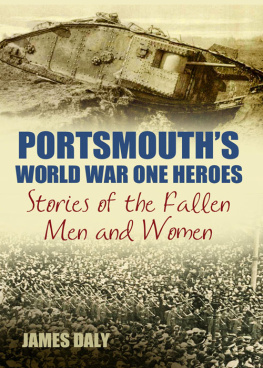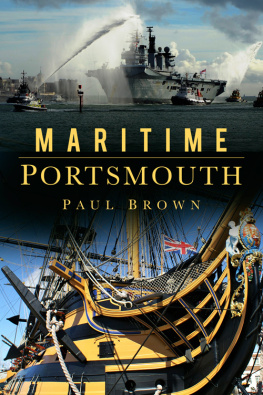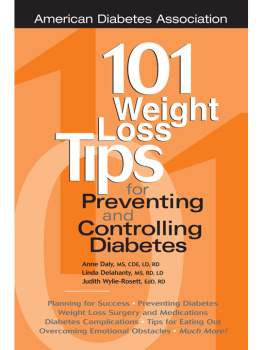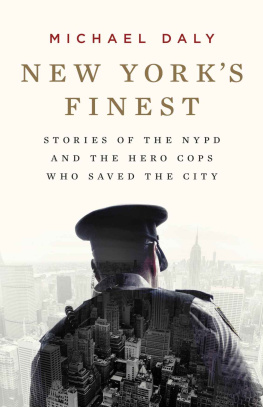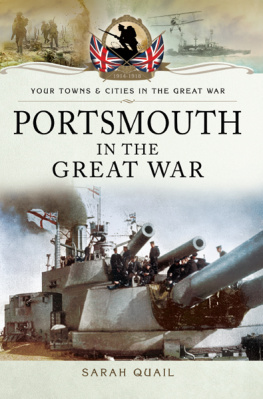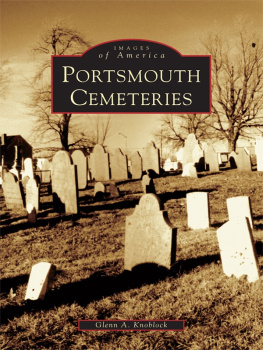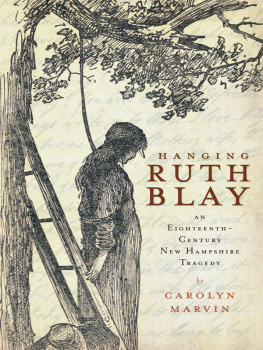Contents
T his book has been several years in the making begun even before my previous book, Portsmouths World War Two Heroes, had been completed and I have received the help and assistance of many people, for which I am very grateful.
In particular I would like to thank the many ancestors of Portsmouths First World War servicemen whom I have been lucky to correspond with, and those who commented on my blog. Members of the First World War Forum eased my initial forays, particularly into some of the more specialist spheres of research. Michel de Gravel Tremco gave much advice on researching Lieutenant Colonel Dick Worrall.
I would like to thank my colleagues at Portsmouth Museums, Archives and Visitor Services, particularly John Stedman, Andrew Whitmarsh and Michael Gunton, who helped shape my thoughts during many an interesting discussion, often without realising it.
I would like to thank John Sadden, the archivist of Portsmouth Grammar School, for providing information about Old Portmuthians who were killed during the First World War, and students of the school, who produced this research. I would also like to thank Catherine Evans, the archivist at Charter House School; Paul Stevens, the archivist at Repton School; and Wendy Adams and Jo Outhwaite of the Temple Reading Room at Rugby School.
The staff at Portsmouth Central Library were as helpful as ever, especially in the Portsmouth History Centre a remarkable resource with an unrivalled naval history collection for a public library. I would also like to thank staff at the National Archives and Chichester Library, and Jane Naisbitt, the head of the Military History Research Centre at the Canadian War Museum. A special mention is also due to the forward-thinking policy of both the Library and Archives of Canada and the National Archives of Canada for making their respective service records and war diaries available to download, for free, online, aiding the work of the researcher considerably.
I would like to thank Peter Higgins and Tim Backhouse for helping me to locate the Southern Grammar School Roll of Honour, and also the editor of The News, Mark Waldron, for permission to use images from the paper.
The authors of the Portsmouth Papers deserve recognition. The considerable body of work that they have produced over the course of almost fifty years is probably unrivalled for any city of Portsmouths size and provides a rich tapestry of local history.
My father Peter Daly kindly proofread all of the chapters, as ever with an engineers eye for detail and minutiae.
I would like to thank all at my publishers, The History Press, for their assistance and faith in me, in particular Jo de Vries, Ross Britton and Chrissy McMorris for their help with my previous work.
Finally, and most importantly, I would like to thank my family and friends for their unwavering support, throughout what has been at times a very trying process. Without their encouragement, and in particular my parents nurturing of my love of history and reading, this book would not have been possible.
| ADM | Admiralty |
| AIR | Air Ministry |
| CAB | Cabinet |
| CO | Colonial Office |
| EN | Portsmouth Evening News |
| FO | Foreign Office |
| Gates | W.G. Gates, Portsmouth and the First World War |
| GWPDA | Photos of the First World War |
| LAC | Library and Archives of Canada |
| LG | London Gazette |
| NAA | National Archives of Australia |
| NATS | Ministry of National Service |
| PGS | Portsmouth Grammar School |
| PHC | Portsmouth History Centre |
| PRO | Public Record Office |
| SGS | Southern Grammar School |
| TNA | The National Archives |
| WO | War Office |
| YMCA | Young Mens Christian Association |
H aving written about Portsmouths Second World War casualties, it was a natural progression for me to look further back in history and tell the story of Portsmouths war dead of the First World War. Both conflicts are, after all, part of the same broad history of the twentieth century. But although I had spent many years researching and studying the Second World War and knew much about what happened to my ancestors during that conflict, I knew very little about the First World War.
It quickly occurred to me that compared to the Second World War, Portsmouths history of the First World War is barely known. Whilst most people in Portsmouth will be aware of the bombing of Portsmouth during the Second World War and of D-Day, few will have any knowledge of the Portsmouth Pals Battalions or of the Battle of Jutland. Yet, in terms of casualties and the sheer effect that the conflict had on the town, the First World War was one of the most defining moments in Portsmouths history, and definitely the most costly.
I began by working through the names on Portsmouths war memorial, of which there are over 5,000. Whilst many of the names were traced on the Commonwealth War Graves Commissions Debt of Honour Register online, a surprising number proved to be elusive. Whether this is due to a mistake on the memorial, the register or both can only be proven by extensive research on each individual. The war memorial proved to be just the start. A remarkable tool called Geoffs Search Engine allowed me to search the Debt of Honour Register for men who came from Portsmouth, and several hundred cropped up who, for whatever reason, were not included on the war memorial. The roll of honour in Portsmouth and the First World War by William Gates also added several hundred names to the database, as did the Portsmouth section of The National Roll of the First World War. Scanning local war memorials parish churches, employers, etc also provided more names. However, due to the nature of war memorials and how war casualties are recorded, it is difficult to know exactly how many men from Portsmouth were killed. It is likely to be more than 6,000.
Compared to researching Second World War servicemen, researching First World War dead is both easier and more difficult; easier, because the Commonwealth War Graves Commissions online register includes house numbers and road names for many, but also because many useful official documents have been released into the public domain, allowing us to research individuals in more detail. The 1901 and 1911 censuses allow us to pinpoint war casualties in their communities, and for many, service records are readily available. But in many respects First World War casualties are more difficult to research because, due to the passage of time, their descendants are invariably less aware of their stories. Whilst there are Second World War veterans still alive, the last First World War veterans passed away some years ago. As a result, we are very much dealing with what is now history and not memory. And, tragically, the sheer number of men involved made the task a lengthy one.
In many ways the story of Portsmouths war losses during the First World War tells the story of the city itself during those dark days, and indeed the preceding years. Portsmouths war dead of the First World War were, in the majority of cases, born and educated in the Victorian era. In so many ways, the experiences of more than 6,000 men paint a vivid picture of life in Portsmouth. And a unique picture it is nowhere else in Britain had anything like the social conditions that Portsmouth had in 1914. Portsmouths status as a naval dockyard and a garrison town gave it a character all of its own; from the working-class slum neighbourhood of Landport, to the officers enclave of Thomas Ellis Owens Southsea; from the Portsmouth Pals to the sons of local politicians and the son of a brewing magnate, it is an incredibly diverse picture.

